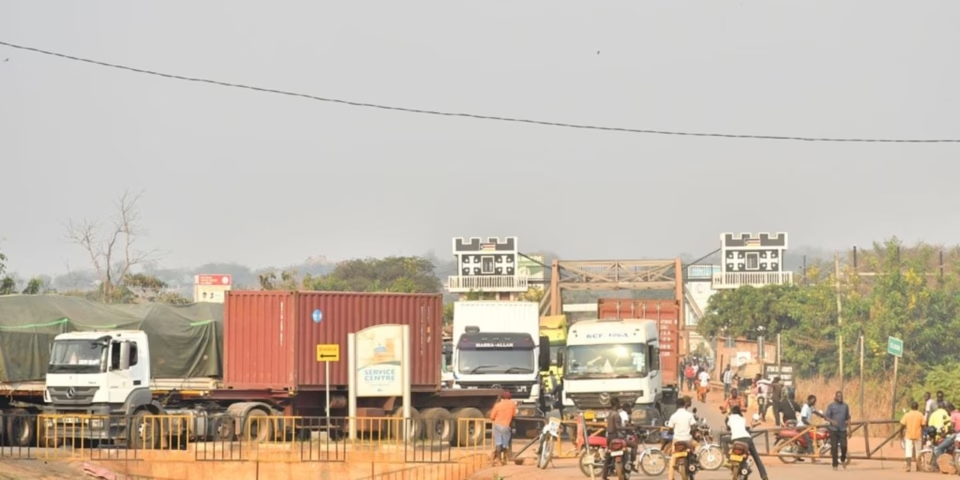The escalating crisis in South Sudan is severely affecting Uganda’s freight and logistics industry, causing major disruptions for transporters who move goods into the conflict-affected country.
Charles Mwebembezi, Chairman of the Uganda Freight Forwarders Association (UFFA), expressed concern over the impact on Uganda’s revenue. “Many of our clients have cargo bound for South Sudan, but disruptions make transportation difficult. This negatively impacts our earnings,” he said.
Mwebembezi shared that he had recently visited South Sudan, but the situation has worsened due to the breakdown of the peace deal between President Salva Kiir and First Vice President Riek Machar. Machar’s arrest has led to fears of renewed violence, further complicating the logistics sector.
Ugandan businesses rely on South Sudan as a key export destination, and disruptions in the freight industry threaten the livelihoods of those involved.
The freight sector plays a crucial role in Uganda’s economy, particularly in customs clearance and tax collection. UFFA contributes over 85% of freight logistics movements in Uganda and helps the Uganda Revenue Authority (URA) collect taxes.
James Malinzi, Assistant Commissioner at URA, noted that freight forwarders contribute approximately 35% to national revenue collections.
In response to the sector’s challenges, UFFA has launched the International Federation of Freight Forwarders Associations (FIATA) Diploma, which is recognized in over 100 countries. The diploma aims to enhance professionalism in Uganda’s logistics industry, alongside the East African Community Customs Freight Forwarding Practicing Certificate, which has trained over 2,500 professionals.



